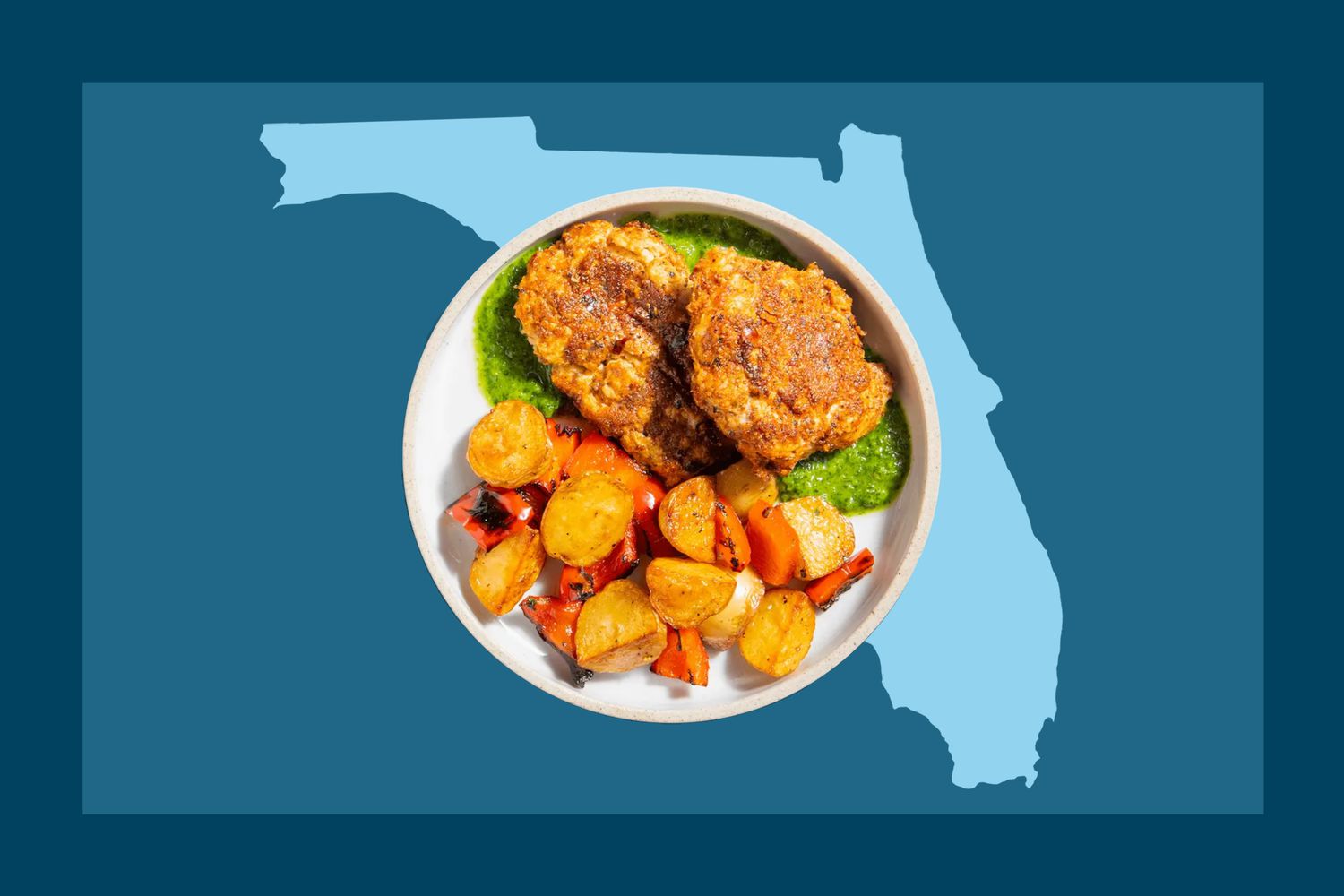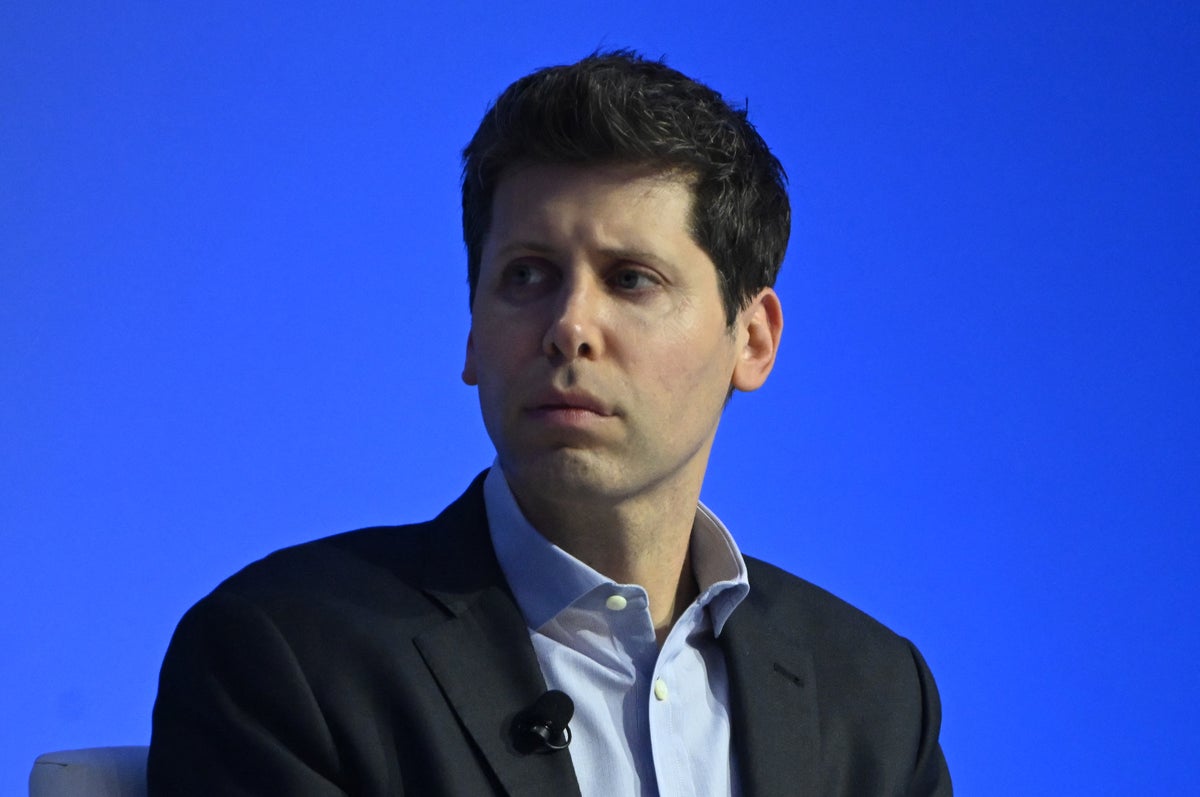BodyBySisyphus [he/him]
- 25 Posts
- 20 Comments

 7·29 days ago
7·29 days agoIt’s ironic that the people in the article are decrying “doomism” as an excuse to give up and do nothing are juxtaposed against a guy who quit his job and moved to Bali to start a permaculture operation (not sure how well that would work as a universal solution, but good on him). The crime in the eyes of the anti-doomer isn’t giving up, it’s opting out of the idea that we can solve climate change by running on our little hamster wheels harder.

 3·2 months ago
3·2 months agoI think they get it, they just don’t think they’ll ever experience consequences. They can always move somewhere comparatively insulated from harm or don’t see a point in worrying about anything that happens outside of their own lifetimes or are techno optimists and assume we’ll crack fusion or invent efficient carbon scrubbers

 20·2 months ago
20·2 months agoMurdering the climate was really their first priority all along, wasn’t it?

 20·1 year ago
20·1 year agoShort answer: No, because people in in industrialized societies aren’t taught how to dream properly.
Loooooong answer: Anybody here read The Alchemist by Paulo Coelho? If you haven’t, don’t. It’s bad. But it was hugely popular in the early aughts when The Secret was also kicking around and it has a similar vibe. A boy dreams of gold buried near the pyramids and a fortune-teller says it’s real and he should go looking for it. He sets out and along the way meets people who have Given Up and settle for mediocrity, and he turns their lives around with The Power of Entrepreneurship because anything is possible when you are chasing your dream.
He meets the titular alchemist, who gives him some gold for his journey and reaches the pyramids at long last. But he finds no treasure and gets beaten up by thieves who also steal his alchemist gold. Defeated, he goes home and meets someone who listens to his story, scoffs, and says that dreams are stupid; he keeps dreaming of treasure buried in the protagonist’s back yard, would you believe it? Our hero goes home and finds the treasure right where the man said it would be.
The explicit moral of the story is that you’re never supposed to give up even when chasing your dream and that if you are sincere in your pursuit and dogged enough things will find a way and the universe will manifest a bounty for you.
The implicit moral is that we’re all just being jerked sround for the amusement of the demiurge who rewards and punishes us arbitrarily.
The actual moral is that it’s always someone else’s dream. The protagonist’s dream didn’t come true, some random dude’s did; he just stole it. And what was there? Wealth, big whoop. Yeah, it’s actually a metaphor for whatever you desire most in the world, but, and let’s be real with ourselves here, for the majority of Oprah’s book club that desire is wealth.
The fact is that people are bad at predicting what will make them happy, both because things are always better in our imaginations and second because the hedonic treadmill is baked into our brains and always makes what we don’t have feel superior to what we do. And capitalism swoops in and hijacks all that machinery so spectacularly well that the world’s wealthiest countries are also it’s most miserable (also some if its happiest, paradoxically, but I’d argue Nordic social democracies do well at meeting the basic material needs of their citizens, at least).
The way off the hedonic treadmill is to actively practice gratitude, but that’s predicated on having your basic material needs met (no one should be made to. Feel grateful for an empty stomach).
I feel like this is mostly preaching to the choir because folks here are empathetic and understand that, however appealing, the lifestyles of the wealthy are wasteful and unsustainable, but I think it’s worth pointing out that dreaming in the developed world is so ruthlessly constrained by society and culture that it’s no longer useful, if ever it was.

 378·1 year ago
378·1 year agoHoo boy wait til you see what Zelenskyy was up to.

 26·1 year ago
26·1 year agoIt also provides a very thorough and detailed explanation for why trans athletes should be able to participate in the division that matches their gender. I just edited in some quotes for you.

 30·1 year ago
30·1 year ago- The legislative findings for H.B. 500 contend that even after receiving gender-affirming hormone therapy, women and girls who are transgender have “an absolute advantage” over non-transgender girls. This assertion is based on speculation and inferences that have not been borne out by any evidence.
- First, these arguments overlook the population of transgender girls and women who, as a result of puberty blockers at the start of puberty and gender affirming hormone therapy afterward, never go through a typical male puberty at all. These girls never experience the effects of high levels of testosterone and accompanying physiological changes. They go through puberty with the same levels of hormones as other girls and develop typically female physiological characteristics, including muscle and bone structure. Idaho’s law would bar them from participation in female athletics with absolutely no medical or scientific basis even based on the standards set forth in the legislative findings. …
- The legislative findings also state that “benefits that natural testosterone provides to male athletes is not diminished through the use of puberty blockers and cross-sex hormones.” This is not true. As noted above, puberty blocking treatment completely blocks the production of testosterone and someone who has undergone both puberty blocking treatment and then gender affirming hormone therapy to initiate puberty consistent with gender identity would have none of the impacts of testosterone on the body that would be typical for a non- transgender male. It is also not true that gender-affirming therapy – even for those who have not undergone puberty blocking treatment – does nothing to minimize the impact of testosterone on the body. In fact, consistent use of testosterone blockers and estrogen has a significant impact on the body.
- The legislative findings also note that “Men generally have ‘denser, stronger bones, tendons, and ligaments’ and ‘larger hearts, greater lung volume per body mass, a higher red blood cell count, and higher hemoglobin” and suggest that such characteristics lead to athletic advantage and cannot be altered by sustained gender-affirming hormone therapy. However, the noted higher red blood cell count and higher hemoglobin are both testosterone dependent. They are both reduced as part of sustained gender-affirming hormone therapy. And there is currently no evidence that the remaining noted physiological characteristics actually are advantages when not accompanied by high levels of testosterone and corresponding skeletal muscle.
Edit to the edit: More
For example, the fact that transgender women who go through typically male puberty will tend to have larger bones than non-transgender women may actually be a disadvantage. Having larger bones without corresponding levels of testosterone and muscle mass would mean that a runner has a bigger body to propel with less power to propel it.
54. Similarly, in a sport where athletes compete in different weight classes (e.g. weight lifting), the fact that a transgender woman has bigger bones may be a disadvantage because her ratio of muscle-to-bone will be much lower than the ratio for other women in her weight class who have smaller bonesEdit to the edit to the edit: I see what happened, I got to the comment after it had been edited and OP put in the expert testimony. Removing snark but leaving in quotes. Good on you for changing your mind.

 33·1 year ago
33·1 year agoUnless you believe that people will change their genders expressly for an advantage in sports, the differences aren’t salient. And you shouldn’t believe that.

 4·1 year ago
4·1 year ago[Bongo’s] cousin, Gen. Brice Clotaire Oligui Nguema, was declared the transitional president by the army. Formerly a bodyguard for Bongo’s father, the late President Omar Bongo, Oligui was also previously head of the Secret Service and the Republican Guard.
Evidently so - guess it’s an open question about whether this represents a genuine transition to something better or just a dude trying to score a promotion.

 0·1 year ago
0·1 year agoArchive link to bypass paywall
Unfortunately, though, mink farms in Poland have become wrapped up in the country’s culture wars. A previous attempt to ban mink farms in 2020 almost brought down the government, despite widespread support for the ban. The far right especially mobilized against it. One member of the family that controls the vast majority of the mink farms in Poland said the proposed ban was supported by the same people “who promote L.G.B.T., same-sex marriage, abortion, euthanasia and so on.” The conservative government backed off.
Such shortsightedness isn’t the monopoly of the far right. In the United States, a provision banning mink farming made it out of the House last year, only to be killed in the Senate in a bipartisan effort — with many Democratic senators joining Republican Ron Johnson of Wisconsin, where many mink farms still operate, to strip the ban from the legislation.

 1·1 year ago
1·1 year agoThe only reason this goober is even famous in the first place is because he treated Rosalind Franklin like a lab assistant.

 0·1 year ago
0·1 year agoCan’t I get a pass on this one? I didn’t even swear!

 0·1 year ago
0·1 year agoThe thing about leftist opposition to Trump that seems to confuse liberals is not that we think Trump is awful (everyone here does), but that we think there isn’t as much daylight between him and people that liberals actually like (say, Obama) on the awful<->not awful continuum that liberals want us to believe. The crass, blatant incivility isn’t what we have an issue with (and the fact that it’s what seems to bother liberals the most is something we frequently poke fun at), it’s the widespread murder and immiseration of innocent people. Consequences, not intentions; substance, not tone.

 7·1 year ago
7·1 year agoWithout NATO aid, Ukraine will just plainly be taken over by Purine Russia
Ah, I think I’ve found the issue. Here at Hexbear we only support Pyrimidine Russia. We hate fuckin’ cytosine, don’t we folks?

 291·1 year ago
291·1 year ago
I believe this is yours

 191·1 year ago
191·1 year agoYeah, it’s not what I’d describe as a serious attempt at problem solving.

 221·1 year ago
221·1 year agoThe Pareto principle is an economics idea - something is considered Pareto efficient if you can make someone better off without making someone else worse off, and you are at a Pareto optimum when you can’t make anyone better off without making someone worse off. Of course, because “better off” and “worse off” are entirely up for interpretation, people argue that taxing the rich to improve the lives of the poor is not Pareto efficient because you’re worse off if you have less money regardless of how much money you have left. So the only Pareto efficient solution is to grow the economy until all the poor people make enough money.

 432·1 year ago
432·1 year ago You can’t be poor if you’re dead
You can’t be poor if you’re dead

 1·1 year ago
1·1 year agoWhy do all of these gee-whiz FutureBikeTM manufacturers hate the downtube so much?














Didn’t you hear? The earth system works on partial credit. So long as we keep voting in the lesser evil, we don’t need a plan! The climate will just keep issuing waivers.